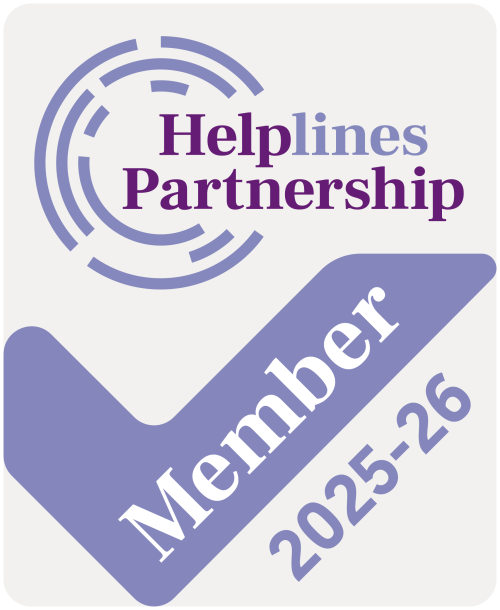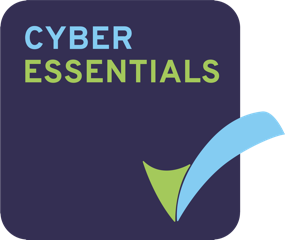Includem is pressing for more consistent support for Movement Restriction Conditions (MRCs), as new includem research finds inconsistencies in how they are applied across the country.
A young person who is faced with the possibility of being placed in secure accommodation will also be considered for an MRC. An MRC restricts a young person’s freedom of movement through the application of electronic monitoring technology or a ‘tag’. An MRC is preferable over secure accommodation because it allows for a young person to be rehabilitated while remaining within their community.
However, without the appropriate support, an MRC is ineffective. Because of this, young people who live in areas that cannot provide this support will be placed into secure accommodation.
Includem were asked by the Scottish Government to look at the way MRCs were applied across the country and report back ahead of the soon-to-be-passed Children (Care and Justice) Scotland Bill.
‘After extensive research with local authorities we have found variations across the country in how MRCs are applied,’ said includem’s Research Associate, Dr David Gould.
‘One such variation is the split between urban and rural areas. Some young people living in remote locations will find themselves in secure accommodation simply because there is no support for them to be under an MRC supervision.
‘There are simple reasons for this, from technology not working in isolated areas to geographical restrictions preventing support workers from visiting young people when required. However, this uneven distribution of resources means that Scotland is delivering a two-tier justice system for young people.’
If support cannot be guaranteed a Children’s Hearing will not recommend that a tag is suitable, and that young person risks being placed in secure accommodation.
‘Our research has found that secure accommodation is five times more expensive than even the most intensive 24-hour support from a youth worker. The lack of consistency around the granting of MRCs is potentially costing taxpayers hundreds of thousands of pounds every year, if not more.’
The new Care and Justice Bill is likely to lower the threshold for the granting of MRCs meaning that more young people, who are perhaps on the threshold of those in conflict with the law can then be eligible and benefit from having an MRC. This benefit would only come with intensive support because, as previously mentioned, an MRC is ineffective without it.
‘With the number of MRCs likely to increase it is even more important that the support is there to ensure that a positive outcome is achieved for the young person,’ added Dr Gould.
The includem research recommends that a national intensive support scheme is put in place to ensure all young people have equal access to consistent help and assistance if placed under an MRC.
The research will be published at a later date. Keep an eye on our social media for more information.










